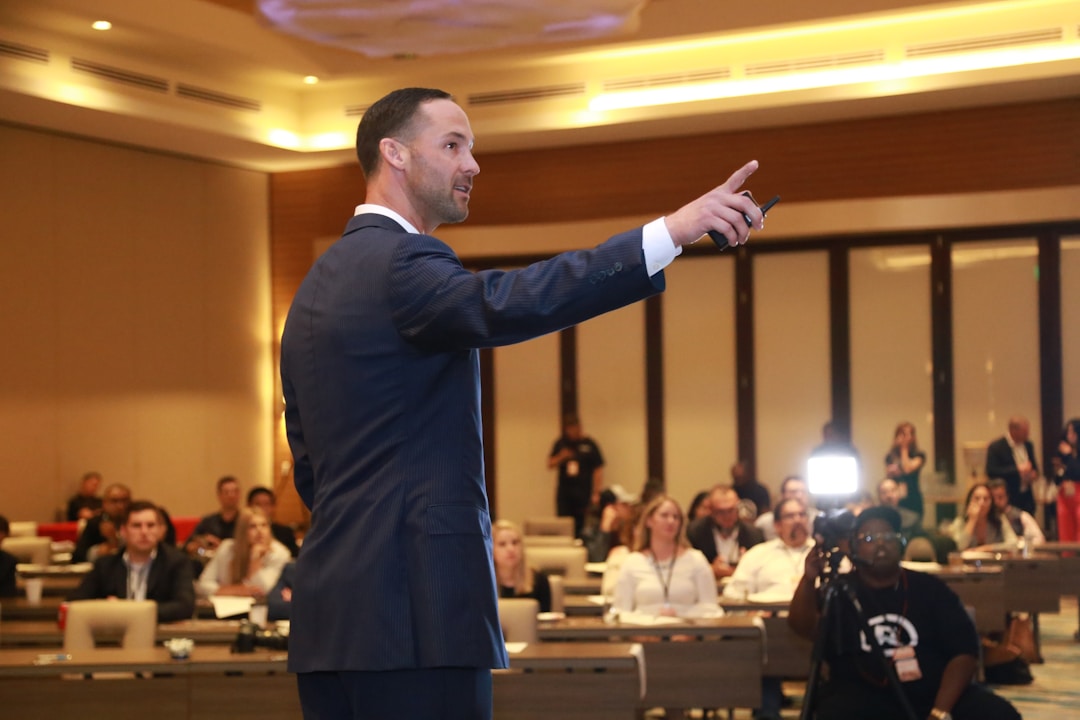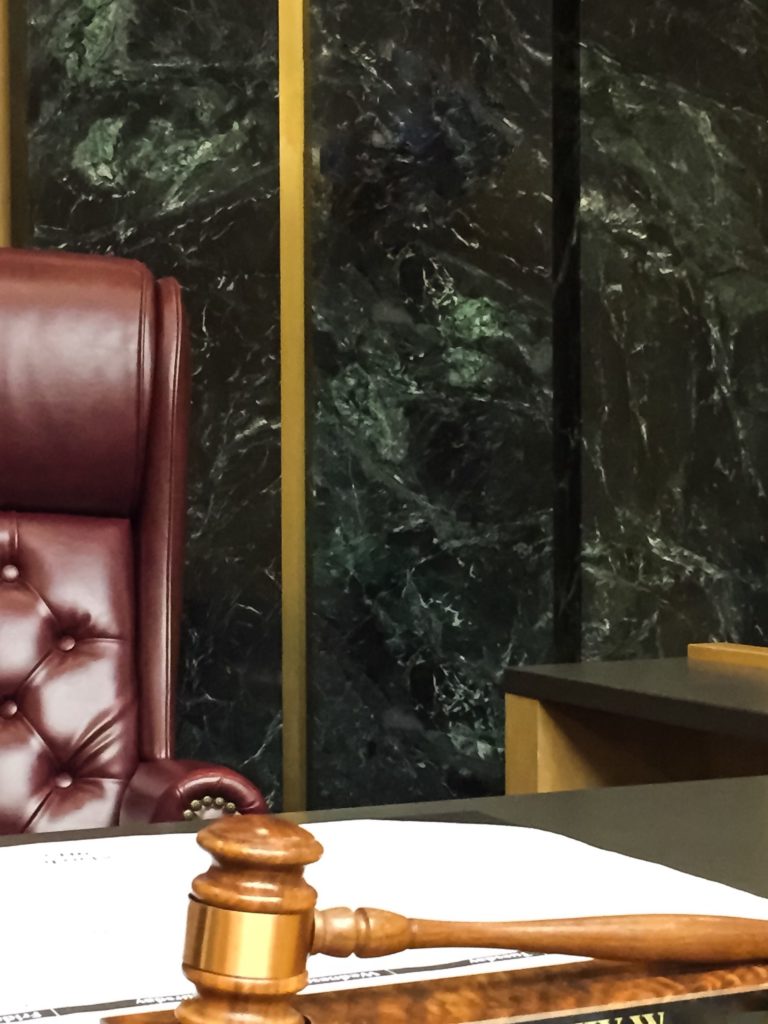The highest tribunal in the United States for cases and controversies surrounding the Constitution and other federal laws is the Supreme Court. It consists of nine justices who arbitrate the law and ensure that Americans receive equal justice under the law. This court is the protector and interpreter of the Constitution.
The Role of Supreme Court Justices

Supreme Court justices hear oral arguments and make decisions on controversial cases from lower appeals courts. Each term, the Court receives 7,000 to 8,000 petitions and hears oral arguments in 80 cases. Each justice is responsible for emergency applications and other matters from the 13 federal circuits. There are instances where justices halt a circuit court order, set a defendant’s bond, or stop the deportation of an alien.
It takes dedication and passion to rise through the legal system and have a successful career as a trial lawyer. Malliha Wilson is a Tamil Canadian lawyer who was the first visible minority to serve as the assistant deputy attorney general of the Government of Ontario for an 8-year term. She also served as senior appellate litigation counsel for the Ontario Government, where she participated in more than 20 notable cases at the Supreme Court of Canada and the Ontario Court of Appeal. Malliha Wilson is currently a partner at her law firm Nava Wilson LLP, where she specializes in international human rights, Indigenous, constitutional, corporate, and labour law, and other complex litigation.
Trial to Supreme Court Procedure

A case must involve an issue of federal law or fall within the jurisdiction of federal courts to be heard by the U.S. Supreme Court. A case that involves a matter of state law or parties within a state will stay in the state court system. The first step is to file a lawsuit in state or federal court where a judge decides after hearing evidence and legal arguments. When appealing to the highest court, a petition for certiorari needs to be prepared so that the Court can determine whether or not to hear a case. This file goes to a pool of Court clerks who review the documents, create summaries for the justices, and recommend whether or not to take the case.
When product defects result in personal injury, drugmakers face serious scrutiny. Patients and family members who suffer injuries due to the use of prescription medications are entitled to take legal action against drug companies. Users of prescription Zantac, a popular heartburn medication, who have developed a form of cancer are entitled to financial compensation through the Zantac lawsuit.
Victims can take advantage of a free consultation with TorHoerman Law to discuss legal options with an experienced Zantac lawyer to determine if they qualify for a Zantac cancer lawsuit or a Zantac class-action lawsuit. The Zantac lawsuit is a legal claim against the manufacturers of Ranitidine and Zantac for their link to various types of cancer. NDMA, a known carcinogen, is found in both Zantac and Ranitidine and may cause different forms of cancer. Many users have developed bladder cancer, breast cancer, throat cancer, kidney cancer, liver cancer, pancreatic cancer, stomach cancer, thyroid cancer, and more.
The FDA recalled all prescription and generic versions of Zantac in April 2020. Many individual Zantac cancer lawsuits have been consolidated into multidistrict litigation filed against the Zantac manufacturer Sanofi in the Southern District of Florida. Plaintiffs in the Zantac lawsuit can expect to receive Zantac settlement amounts between $20,000 and $400,000 in financial compensation.
How Are Cases Chosen?

The Court will hear cases that involve a conflict of law. There are 13 federal circuits and 50 state supreme courts in the U.S. When these courts reach different conclusions about a matter of federal or constitutional law, the Supreme Court decides the law so that all courts can operate under the same law.
The Court will hear unusual cases that are important, such as the Watergate tapes, the close election of 2000, and cases with important social issues. Justices sometimes choose to hear cases that speak to their interests and decide an issue related to their specialty area of law.


